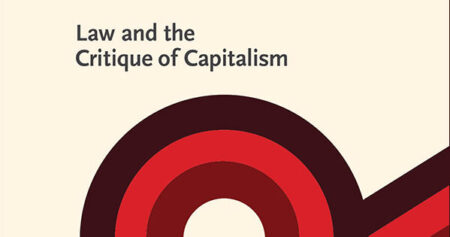
How the Court is Pitting Workers Against Each Other
Next week, the Supreme Court will hear arguments in a case that may allow some employees to foist the cost of their religious exercise onto their co-workers. Such an outcome, beyond its obvious unfairness, threatens to reduce collective labor power by pitting workers against each other.




